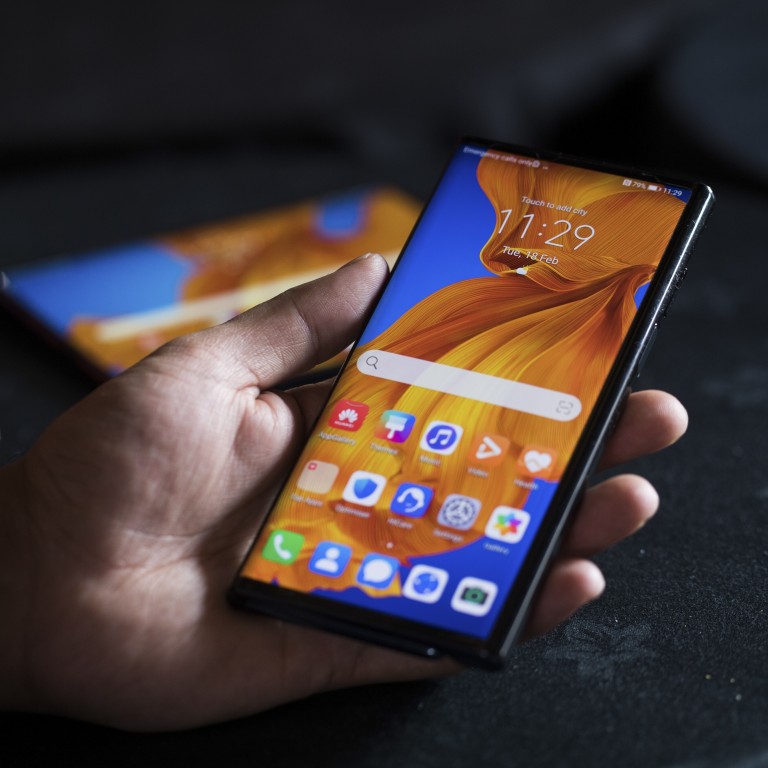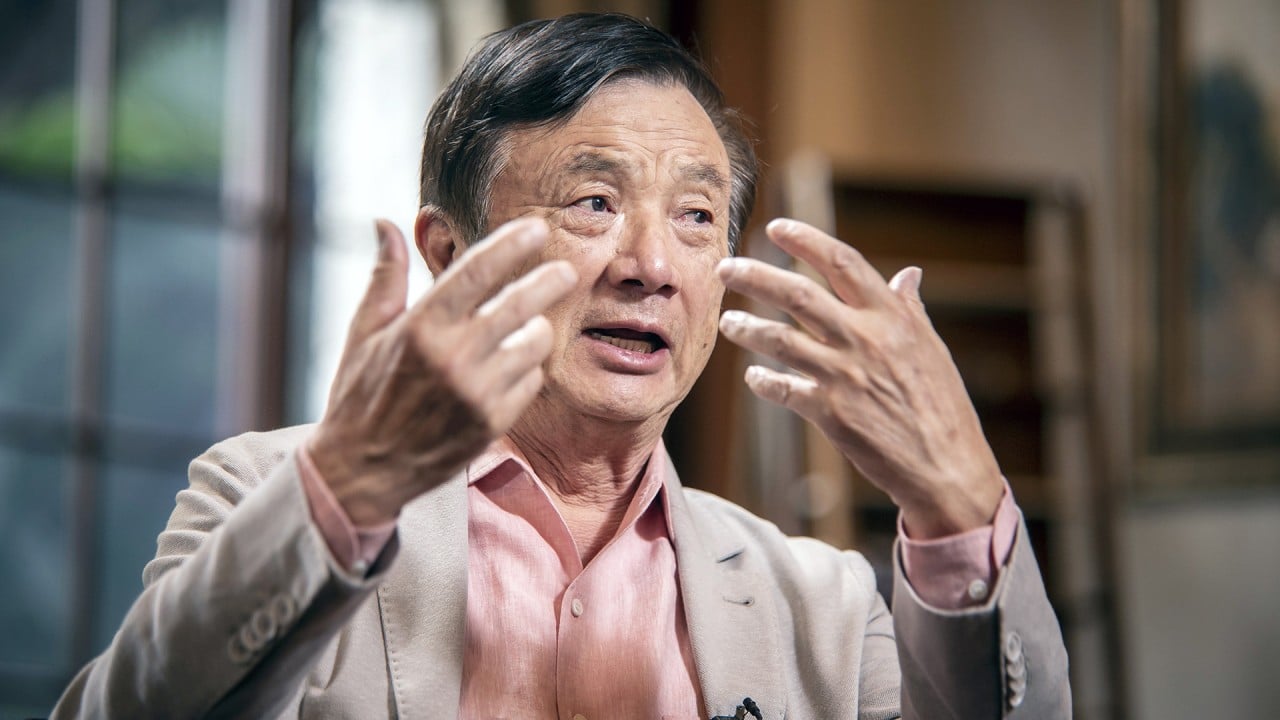
US sanctions drive up Huawei handset prices as company grapples with impending chip shortage
- Prices of Huawei handsets at Shenzhen wholesale market Huaqiangbei have gone up 100 yuan to 300 yuan as dealers expect the firm’s access to chips to run dry
- Huawei CEO Guo Ping says that US sanctions affecting the firm’s high-end Kirin chips will ‘cause certain difficulties’ but he is optimistic about resolving them
At Shenzhen’s iconic Huaqiangbei, the world’s biggest electronics wholesale market, customers can find phones from a buffet of premium brands such as Apple, Huawei, Xiaomi and Oppo at a discount.
While many of these are second-hand or refurbished, third-party vendors also stock new handsets, which they are able to offer at cheaper prices by purchasing the units through dealers at wholesale prices several hundred yuan below what the brands’ official stores sell them for.
“In general, the price of every Huawei model has increased 100 yuan (US$15) in my store, and some up to 300 yuan because the supply will be reduced,” said a vendor who wanted to be known by his surname, Wang. “Now there is almost no price gap … We cannot get much profit from selling Huawei phones.”
The Post spoke to four third-party dealers in Huaqiangbei, all of whom said the prices of Huawei models are rising day-by-day. “The reason is simple – Huawei cannot get chips for their smartphones. The supply is limited,” said one vendor, Lu Jinwei.
Huawei redirected investment to Russia because of US sanctions, Ren says
Huawei’s official prices appear unchanged, and a staff member at an official Huawei store in Shenzhen told the Post that he had not received any official notice to raise prices for any model.
Richard Yu Chengdong, chief executive of Huawei’s consumer business group, also acknowledged earlier last month that the sanctions would deal the company a “big loss”, and it may not be able to ship handsets with its high-end Kirin chips after this year due to them.

03:19
Huawei’s Ren Zhengfei says he drew on the best of US politics and business to found telecoms giant
However, at a recent event for new employees, Huawei CEO Guo Ping painted a relatively optimistic picture of the company’s future.
“The company is in normal condition,” Guo said, according to a transcript released on Xinsheng Shequ, Huawei’s official employee community platform, on Wednesday. “The issue is just how, when faced with restrictions to advanced components, we can overcome this obstacle and establish our own lasting technological capabilities as well as a stable and credible supply chain.”
“As a multibillion-dollar company, Huawei cannot make a tactical mistake,” Guo said. “The US cannot defeat Huawei, only Huawei can defeat itself … if these problems are not handled well, we will fail and die.”
Additional reporting by Yujie Xue

